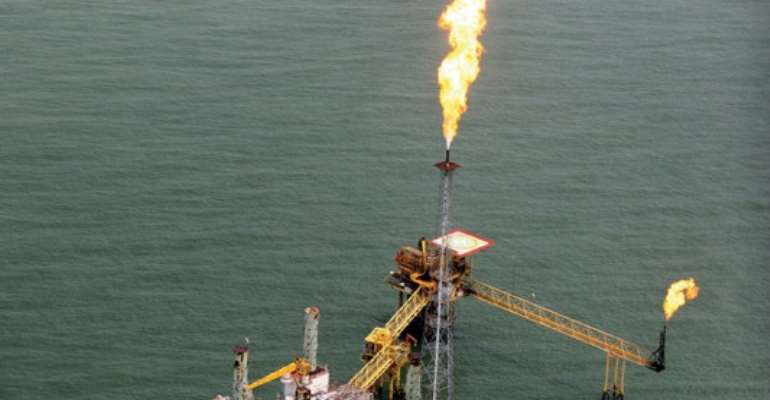Marine Experts Begin Review Of Draft Environmental Standards For Oil, Gas Search In Abidjan Convention Area

ABIDJAN – West, central and southern African marine experts began Tuesday a three-day review of a draft protocol on environmental standards for offshore oil and gas exploration in the Abidjan Convention region.
“Here we are, then, with our responsibilitiesbefore us,” AbouBamba, regional coordinator for the Convention, said told some 30 delegates during his opening speech in Malabo, Equatorial Guinea.
He said the review would “lead to an agreement” on the addition protocol to the Convention on environmental standards and guidelines for offshore oil exploitation in West, Central and Southern Africa.
Therefore, he termed the meeting – the last by experts - as “an accomplishment” of an “extremely important process” for the economies of the Abidjan Convention countries.
In one wayor another, these economies have experienced the impact of “a significant” rise in maritime traffic, fishing and oil exploration and exploitation. Without collective ocean governance of the area, the overexploitation of fish would continue and pollution of the ocean from deep and ultra-deep oil exploration and drilling would likely cause significant damage to the marine and coastal environment if accidents occurred.
“We must conserve this natural patrimony for the benefit and use of present and future generations,” he said.
The 14,000-kilometre coastal length of the Convention’s mainlandarea runs from Mauritania to the western seaboard of South Africa. Its marine area boasts one of the world’s richest fishing grounds, which is frequently poached by foreign fishing trawlers and ravaged by domestic illegal, unreported, and unregulatedfishing.
“We are conscious of the dangers that poor management of our environmental resources will mean,” Estanislao Don Malavo, the Equatorial Guinean minister for fishing and the environment, said in his speech. A protocol setting the environmental standards for this and oil activity would put the countries in a better position to avoid pollution or actswiftly and effectively if spills occur.
“For this kind of issues, countries must work together; maritime environmental issues have no boundaries,” HaddijatouJallow, executive chairperson of the Sierra Leone Environment Agency, added in her speech.
